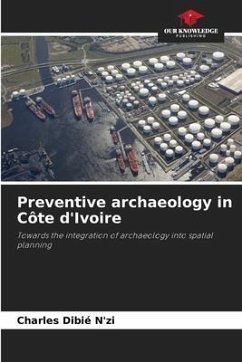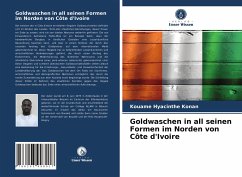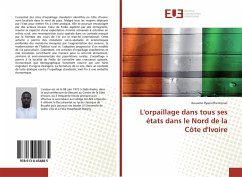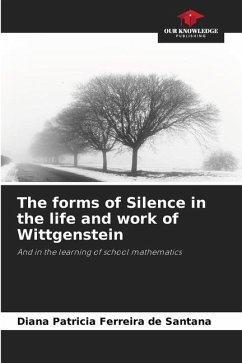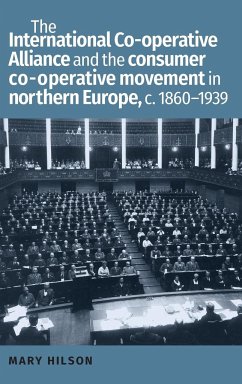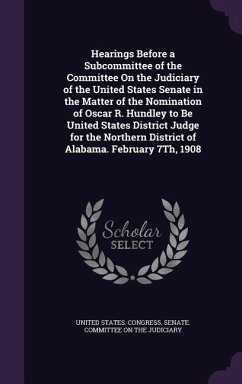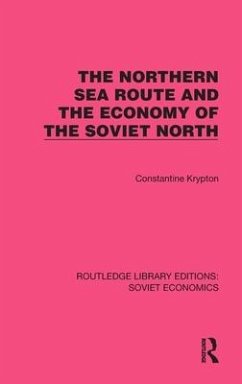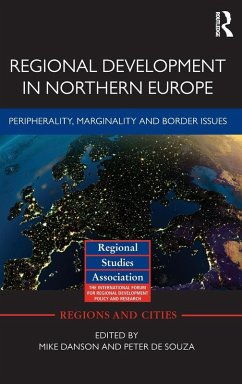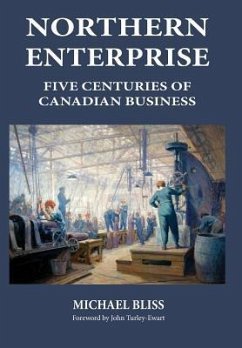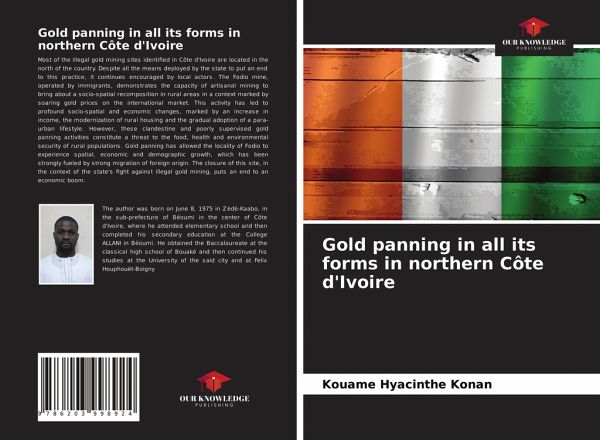
Gold panning in all its forms in northern Côte d'Ivoire
Versandkostenfrei!
Versandfertig in 6-10 Tagen
27,99 €
inkl. MwSt.

PAYBACK Punkte
14 °P sammeln!
Most of the illegal gold mining sites identified in Côte d'Ivoire are located in the north of the country. Despite all the means deployed by the state to put an end to this practice, it continues encouraged by local actors. The Fodio mine, operated by immigrants, demonstrates the capacity of artisanal mining to bring about a socio-spatial recomposition in rural areas in a context marked by soaring gold prices on the international market. This activity has led to profound socio-spatial and economic changes, marked by an increase in income, the modernization of rural housing and the gradual ado...
Most of the illegal gold mining sites identified in Côte d'Ivoire are located in the north of the country. Despite all the means deployed by the state to put an end to this practice, it continues encouraged by local actors. The Fodio mine, operated by immigrants, demonstrates the capacity of artisanal mining to bring about a socio-spatial recomposition in rural areas in a context marked by soaring gold prices on the international market. This activity has led to profound socio-spatial and economic changes, marked by an increase in income, the modernization of rural housing and the gradual adoption of a para-urban lifestyle. However, these clandestine and poorly supervised gold panning activities constitute a threat to the food, health and environmental security of rural populations. Gold panning has allowed the locality of Fodio to experience spatial, economic and demographic growth, which has been strongly fueled by strong migration of foreign origin. The closure of this site, in the context of the state's fight against illegal gold mining, puts an end to an economic boom.



